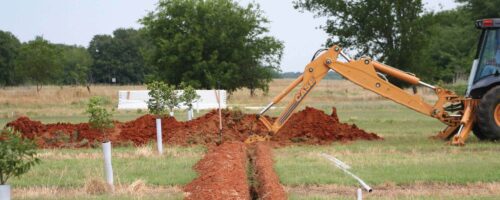Tag: pecan
Categories
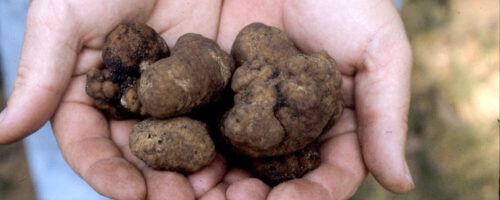
Add Income With Pecan Truffles
Estimated reading time: 6 minutes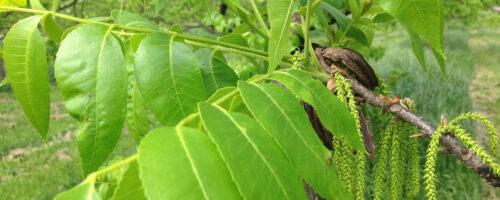
It Takes Two (or More): Understanding Pecan Tree Dichogamy
Estimated reading time: 6 minutes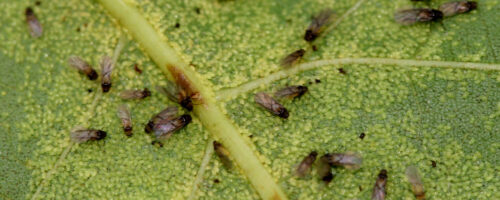
How to Identify and Control Pecan Phylloxera
Estimated reading time: 3 minutes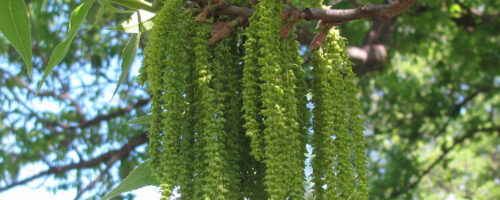
Cross pollination is essential for pecan production
Estimated reading time: 2 minutes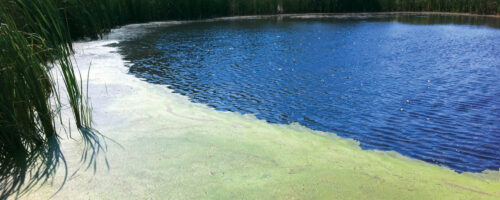
Using Surface Water for Drip Irrigation
Estimated reading time: 4 minutes